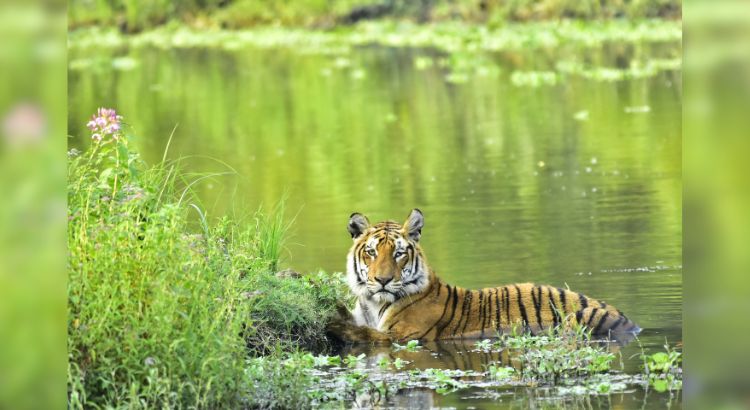Wildlife Conservation Finance: Investing in People and Planet
World Wildlife Day, observed globally on March 3, serves as a powerful reminder of the need to protect our planet’s rich biodiversity. It marks the anniversary of the adoption of the Convention on International Trade in Endangered Species of Wild Fauna and Flora (CITES) in 1973, reinforcing global efforts to combat wildlife crime and species decline. This year, the theme focuses on sustainable financing, highlighting the urgent need to bridge the $824 billion annual funding gap in global wildlife conservation. Effective conservation is not just about protecting species; it is about ensuring the health of entire ecosystems that support both people and the planet.
At Cairn, biodiversity conservation has been our core priority as we aim to achieve No Net Loss and a Net Positive Impact through a range of initiatives. By 2030, we have committed to planting two million trees, with over seven hundred and sixty thousand already in place. We have developed self-sustaining drinking water facilities in the hilly forest areas of Gangali and Dhorimanna in Barmer, supporting wildlife in these regions. Our team regularly conducts biodiversity assessments to create and implement effective conservation plans tailored to each ecosystem.
In Assam, we have partnered with Kaziranga National Park to protect iconic species such as the One-Horned Rhinoceros and the Bengal Tiger. Near our Ravva operations, we collaborate with the Andhra Pradesh Forest Department to conserve marine and coastal biodiversity. In the Thar Desert, we are revitalising populations of native tree species like Guggal and Khejari. Our efforts extend to protecting birds by installing MVCCs and insulated covers on power lines, along with replacing straight cross arms with V-cross arms to prevent bird collisions. We have also placed wildlife caution signs in key movement corridors to minimize human-wildlife conflict and ensure safe passage for animals.
As we celebrate World Wildlife Day, we call on everyone to be part of this collective mission. By preserving natural habitats, avoiding littering, minimising disturbances to wildlife, choosing eco-friendly and cruelty-free products, and reducing the use of single-use plastics, individuals can make a significant impact. Supporting afforestation projects, participating in habitat restoration efforts, educating others, volunteering for conservation programs, and making ethical investment choices that prioritise sustainability are all crucial steps towards a healthier planet. Together, through action and awareness, we can protect Earth’s most valuable assets and ensure a thriving, biodiverse world for generations to come.
Contributed by CSR Team








